
In November 2015, European Court of Human Rights (ECtHR) published a fact sheet on the hate speech cases brought before the ECtHR.[1] This fourteen page fact sheet refers to 37 cases, summarizes 25 of them and classifies these cases into 18 sets.[2] ECtHR’s classification of the cases reveals that the Court evaluated cases regarding 1) offenses against ethnic, racial and religious and national groups, 2) threat to democratic order, 3) homophobia, 4) apology to violence, 5) insulting state officials and 6) negationism and revisionism under the category of hate speech.
Comparison of these cases reveals an interesting contrast between the cases of negationism and revisionism and other cases classified under hate speech; whereas other cases are all related to real or symbolic violence against persons or groups of persons, cases of negationism and revisionism are eventually about disputing the verity of a crime against humanity and/or challenging the “common knowledge” about that crime. Moreover, the ECtHR either dismissed all the appeals of the defendants convicted for negationism and revisionism or ruled against them.
The fact sheet summarizes 2 cases (Garaudy v. France and M’Bala M’Bala v. France) and refers to 2 others (Honsik v. Austria and Marais v. France) as cases about negationism and revisionism. Notably, all these four cases are exclusively related to the denial of the Jewish Holocaust or some aspects of the “common knowledge” on the Jewish Holocaust or promoting such denial.
The ECtHR categorizes the Jewish Holocaust as a “clearly established historical fact.” Conspicuously, Jewish Holocaust is the only historical event that the ECtHR categorizes as such. According to the ECtHR, disputing the “common knowledge” about the Jewish Holocaust (ex: existence of gas chambers, number of the victims, the meaning of the “final solution” etc.) does not amount to historical research or a historical debate. On the contrary, such attempts are categorized as acts that seek to rehabilitate the Nazi ideology and taken as an accusation against the victims of the Nazi crimes for falsifying the history. The Court considers these as racial defamation, incitement to hatred, and correspondingly racism and anti-semitism. The ECtHR deems these as adjacent to the spirit of the European Convention of Human Rights and also as treats to the public order and “reputation of the others.” Through these associations, the ECtHR categorically rejects that denial of the “common knowledge” on Jewish Holocaust merits the protection of the European Convention of Human Rights.
The Perinçek v. Switzerland Case
After Perinçek appealed to the ECtHR against Switzerland, the Second Chamber of the ECtHR declared its judgment on 17 December 2013. In its verdict the ECtHR Second Chamber underlined the importance of open discussion on sensitive and controversial issues as one of the fundamental aspects of freedom of expression. The Court stated that proving “the existence of a ‘genocide’” was not easy and expressed its doubt whether “there could be a general consensus [on this issue]…given that historical research was by definition open to discussion and a matter of debate.” The Court sustained that debates on issues that have not been fully settled were to the interest of the public. It also expressed its doubts on “imposing criminal sanctions on individuals questioning the official view.” The Court refused that “rejection of the legal characterization as ‘genocide’ of the 1915 events” is to incite hatred against the Armenian people” and poses a serious risk to public order.”[3]
Consequentially, the ECtHR Second Chamber stated that:
In this connection, the Court clearly distinguished the present case from those concerning the negation of the crimes of the Holocaust. In those cases, the applicants had denied the historical facts even though they were sometimes very concrete, such as the existence of the gas chambers. They had denied the crimes perpetrated by the Nazi regime for which there had been a clear legal basis. Lastly, the acts that they had called into question had been found by an international court to be clearly established.[4]
Following this judgment, the Swiss government appealed to the Grand Chamber of the ECtHR. The ECtHR Grand Chamber declared its final judgement on the case on 15 October 2015. In this judgment, the ECtHR refrained from making comparisons between the Jewish Holocaust and the 1915 events. But, it repeated that Perinçek’s “statements bore on a matter of public interest and did not amount to a call for hatred or intolerance” and they “could not be regarded as affecting the dignity of the members of the Armenian community to the point of requiring a criminal law response in Switzerland.” Therefore, the Court ruled that Perinçek’s criminal conviction in order to protect the rights of the Armenians was unnecessary in a democratic country.
Armenian media by and large remained silent on the final judgment of the Court. Only few identical articles were published that emphasized the omission of the comparisons between 1915 events and the Jewish Holocaust as an accomplishment and underscored the views of the dissenting judges. By that, the Armenian media tried to save face when the ‘genocide lobby’ met its Waterloo in Strasburg.
Yet, the difference between the stern approach of the ECtHR to the cases related to the denial of the Jewish Holocaust and its final judgment on the Perinçek v. Switzerland case reveals that the decades long struggle of the ‘genocide lobby’ to equate the 1915 events with the Jewish Holocaust came to a naught.
The ECtHR judgment indirectly established that, on the contrary to what the ‘genocide lobby’ hopes to makes us believe, the 1915 events are not one of the “clearly established historical facts.” This judgment, moreover, confirmed that debating these events do not amount to racial defamation or incitement of hatred. As such, the ECtHR confirmed the incompatibility between Holocaust Denial and disputing the dominant view on the 1915 events.
[1] See, http://www.echr.coe.int/Documents/FS_Hate_speech_ENG.pdf
[2] These sets are: Ethnic hate; Negationism and revisionism; Racial hate; Religious hate; Threat to democratic order; Apology of violence and incitement to hostility; Calculating homophobic leaflets; Condoning terrorism; Condoning war crimes; Denigrating national identity; Display of a flag with controversial historical connotations; Incitement to ethnic hatred; Incitement to national hatred; Incitement to racial discrimination and hatred; Incitement to religious intolerance; Insult of state officials; Hate speech and the internet.
[3] See, http://hudoc.echr.coe.int/eng#{%22itemid%22:[%22003-4613832-5581451%22]}
[4] Ibid.
© 2009-2025 Center for Eurasian Studies (AVİM) All Rights Reserved
No comments yet.
-
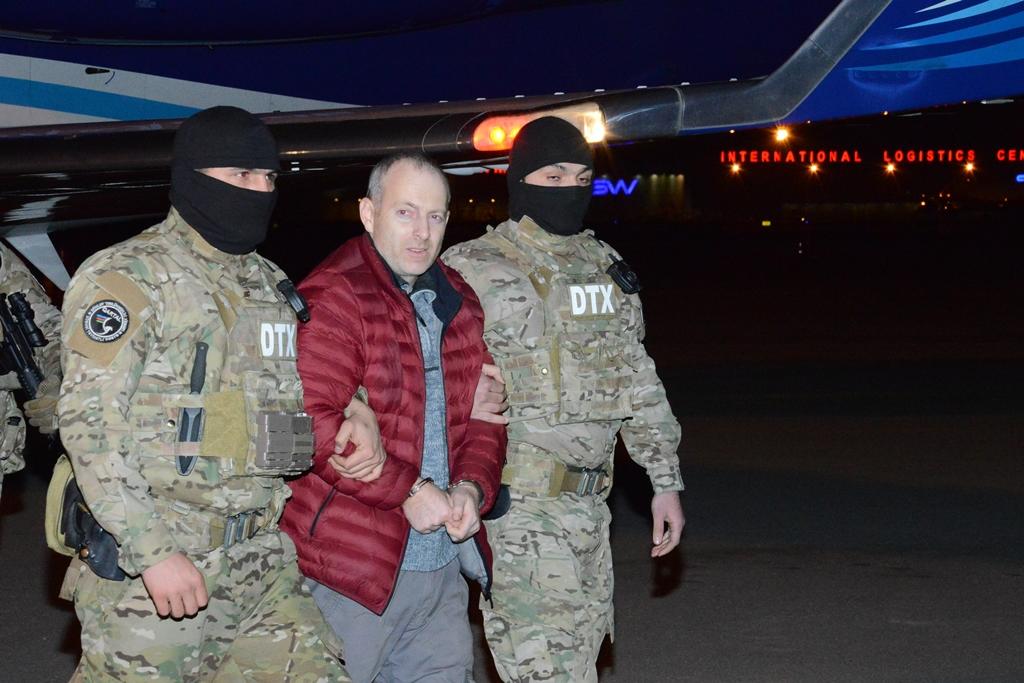 ALEXANDER LAPSHIN’S EXTRADITION TO AZERBAIJAN: A NEW EPISODE IN KARABAKH DISPUTE
ALEXANDER LAPSHIN’S EXTRADITION TO AZERBAIJAN: A NEW EPISODE IN KARABAKH DISPUTE
Turgut Kerem TUNCEL 21.02.2017 -
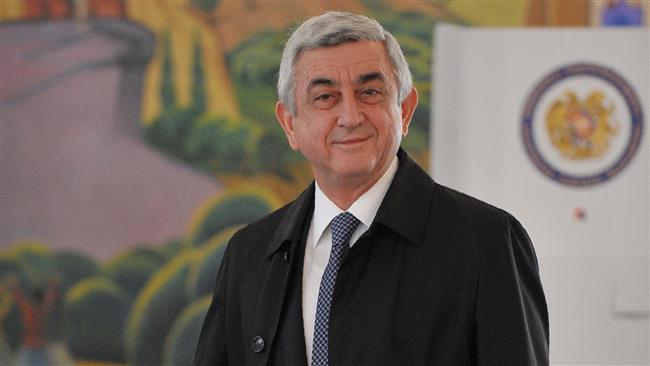 2 APRIL 2017 PARLIAMENTARY ELECTIONS IN ARMENIA
2 APRIL 2017 PARLIAMENTARY ELECTIONS IN ARMENIA
Turgut Kerem TUNCEL 14.04.2017 -
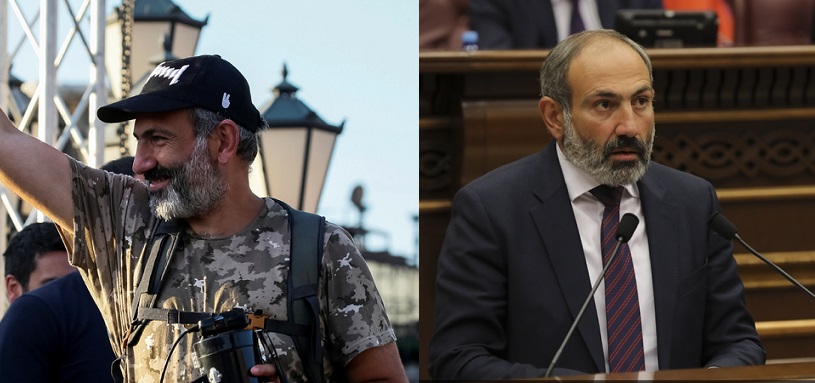 AN ANALYSIS OF THE POLITICS IN ARMENIA AFTER THE “VELVET REVOLUTION”
AN ANALYSIS OF THE POLITICS IN ARMENIA AFTER THE “VELVET REVOLUTION”
Turgut Kerem TUNCEL 01.06.2018 -
 COMMENTS ON "THE PAN-ARMENIAN DECLARATION ON THE 100th ANNIVERSARY OF THE ARMENIAN GENOCIDE"
COMMENTS ON "THE PAN-ARMENIAN DECLARATION ON THE 100th ANNIVERSARY OF THE ARMENIAN GENOCIDE"
Turgut Kerem TUNCEL 26.03.2015 -
 THE NAGORNO-KARABAKH ISSUE FROM A JURIDICAL POINT OF VIEW: THE CASE OF CHIRAGOV AND OTHERS V. ARMENIA
THE NAGORNO-KARABAKH ISSUE FROM A JURIDICAL POINT OF VIEW: THE CASE OF CHIRAGOV AND OTHERS V. ARMENIA
Turgut Kerem TUNCEL 26.06.2015
-
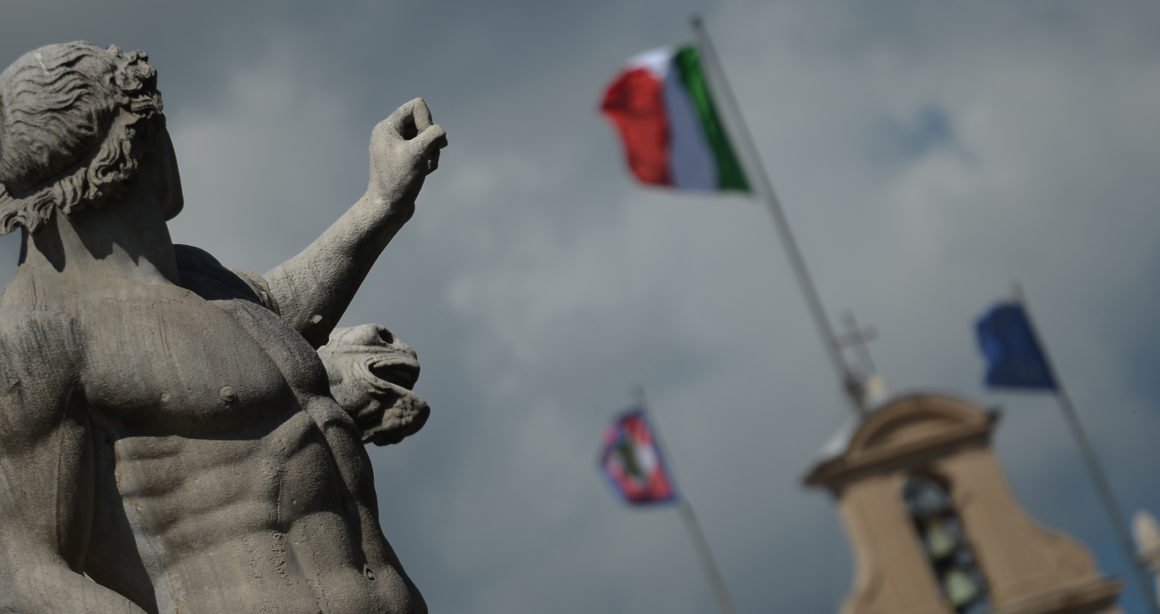 ITALIAN REACTION TO THE CAROLINGIAN EU PROJECT
ITALIAN REACTION TO THE CAROLINGIAN EU PROJECT
Teoman Ertuğrul TULUN 11.04.2019 -
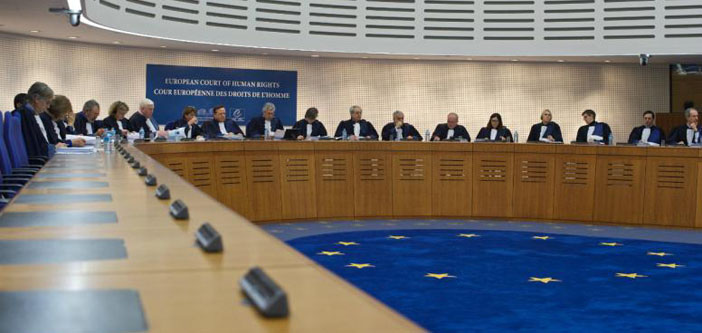 ARMENIAN ALLEGATIONS, LAW, AND POLITICAL LOBBYING
ARMENIAN ALLEGATIONS, LAW, AND POLITICAL LOBBYING
Gözde KILIÇ YAŞIN 26.05.2023 -
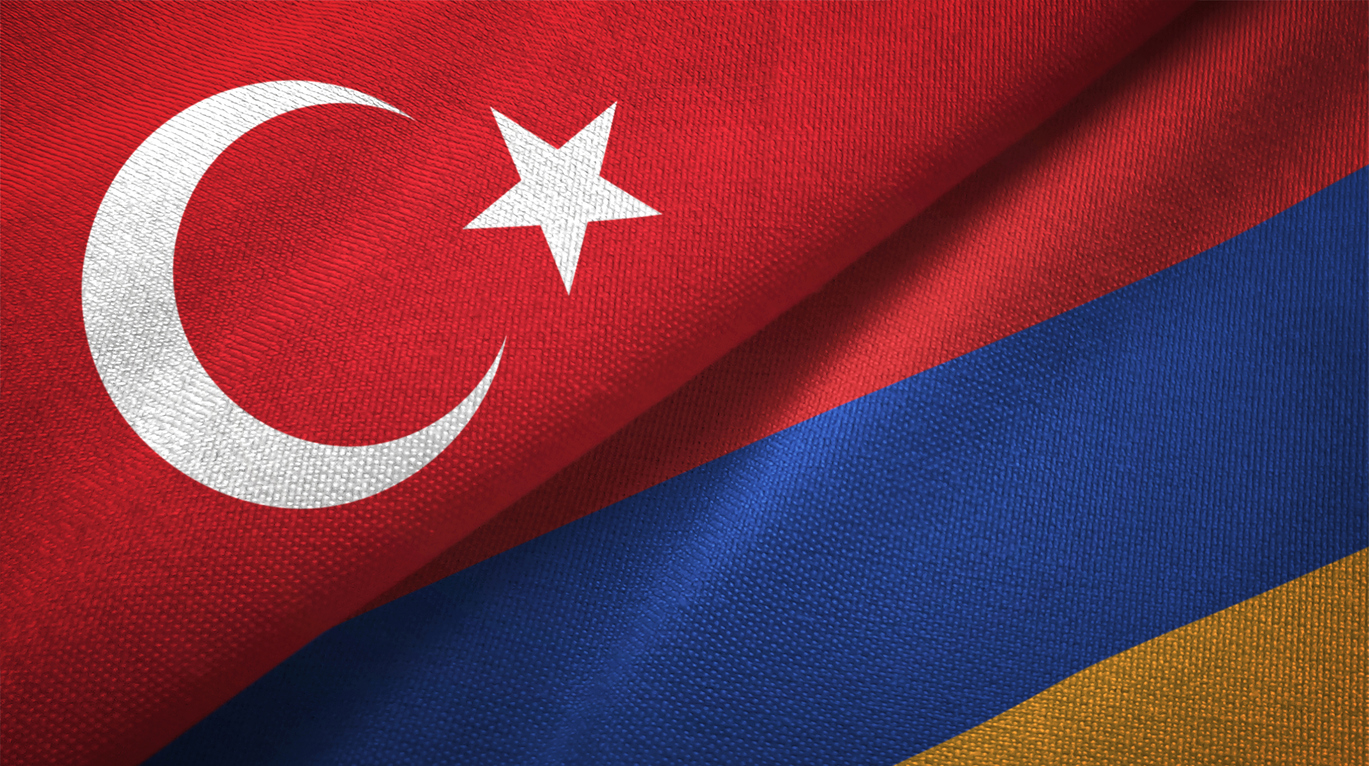 ATTEMPTS TO UNDERMINE THE NORMALIZATION PROCESS OF TÜRKİYE - ARMENIA RELATIONS
ATTEMPTS TO UNDERMINE THE NORMALIZATION PROCESS OF TÜRKİYE - ARMENIA RELATIONS
Hazel ÇAĞAN ELBİR 29.12.2022 -
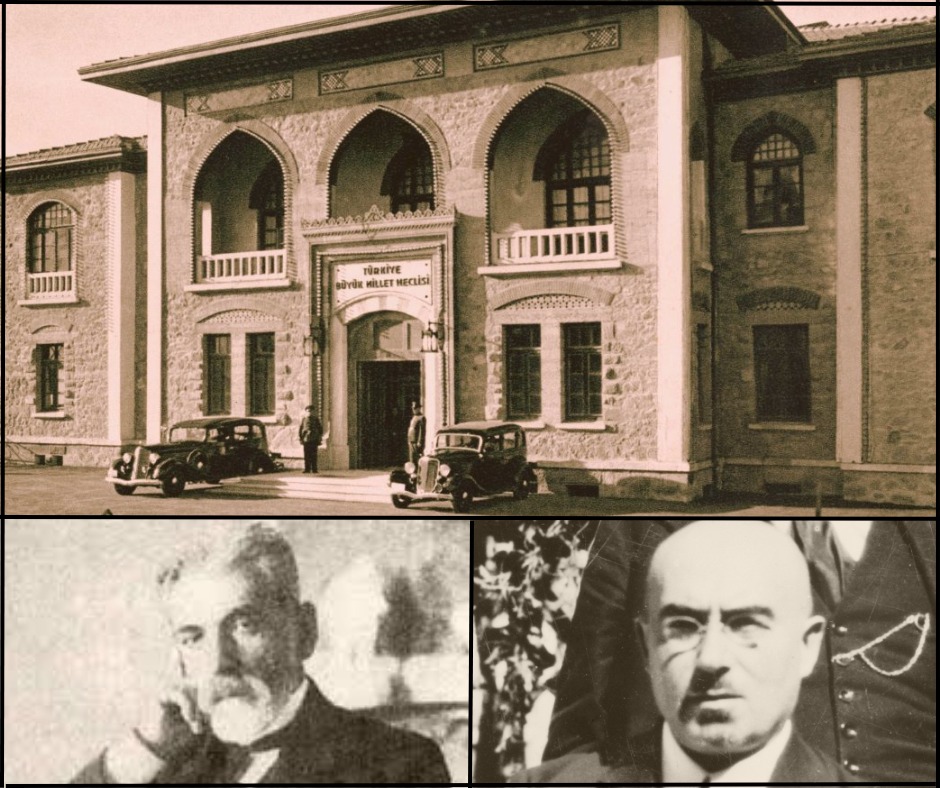 ARMENIANS NEED TO STUDY THEIR HISTORY BETTER
ARMENIANS NEED TO STUDY THEIR HISTORY BETTER
Yiğit ALPOGAN 19.01.2023 -
 THE INCREASING IMPORTANCE OF TURKSTREAM FOLLOWING KIEV'S SUSPENSION OF RUSSIAN GAS SHIPMENT TO EUROPE
THE INCREASING IMPORTANCE OF TURKSTREAM FOLLOWING KIEV'S SUSPENSION OF RUSSIAN GAS SHIPMENT TO EUROPE
Bekir Caner ŞAFAK 17.01.2025
-
25.01.2016
THE ARMENIAN QUESTION - BASIC KNOWLEDGE AND DOCUMENTATION -
12.06.2024
THE TRUTH WILL OUT -
27.03.2023
RADİKAL ERMENİ UNSURLARCA GERÇEKLEŞTİRİLEN MEZALİMLER VE VANDALİZM -
17.03.2023
PATRIOTISM PERVERTED -
23.02.2023
MEN ARE LIKE THAT -
03.02.2023
BAKÜ-TİFLİS-CEYHAN BORU HATTININ YAŞANAN TARİHİ -
16.12.2022
INTERNATIONAL SCHOLARS ON THE EVENTS OF 1915 -
07.12.2022
FAKE PHOTOS AND THE ARMENIAN PROPAGANDA -
07.12.2022
ERMENİ PROPAGANDASI VE SAHTE RESİMLER -
01.01.2022
A Letter From Japan - Strategically Mum: The Silence of the Armenians -
01.01.2022
Japonya'dan Bir Mektup - Stratejik Suskunluk: Ermenilerin Sessizliği -
03.06.2020
Anastas Mikoyan: Confessions of an Armenian Bolshevik -
08.04.2020
Sovyet Sonrası Ukrayna’da Devlet, Toplum ve Siyaset - Değişen Dinamikler, Dönüşen Kimlikler -
12.06.2018
Ermeni Sorunuyla İlgili İngiliz Belgeleri (1912-1923) - British Documents on Armenian Question (1912-1923) -
02.12.2016
Turkish-Russian Academics: A Historical Study on the Caucasus -
01.07.2016
Gürcistan'daki Müslüman Topluluklar: Azınlık Hakları, Kimlik, Siyaset -
10.03.2016
Armenian Diaspora: Diaspora, State and the Imagination of the Republic of Armenia -
24.01.2016
ERMENİ SORUNU - TEMEL BİLGİ VE BELGELER (2. BASKI)
-
AVİM Conference Hall 24.01.2023
CONFERENCE TITLED “HUNGARY’S PERSPECTIVES ON THE TURKIC WORLD"









